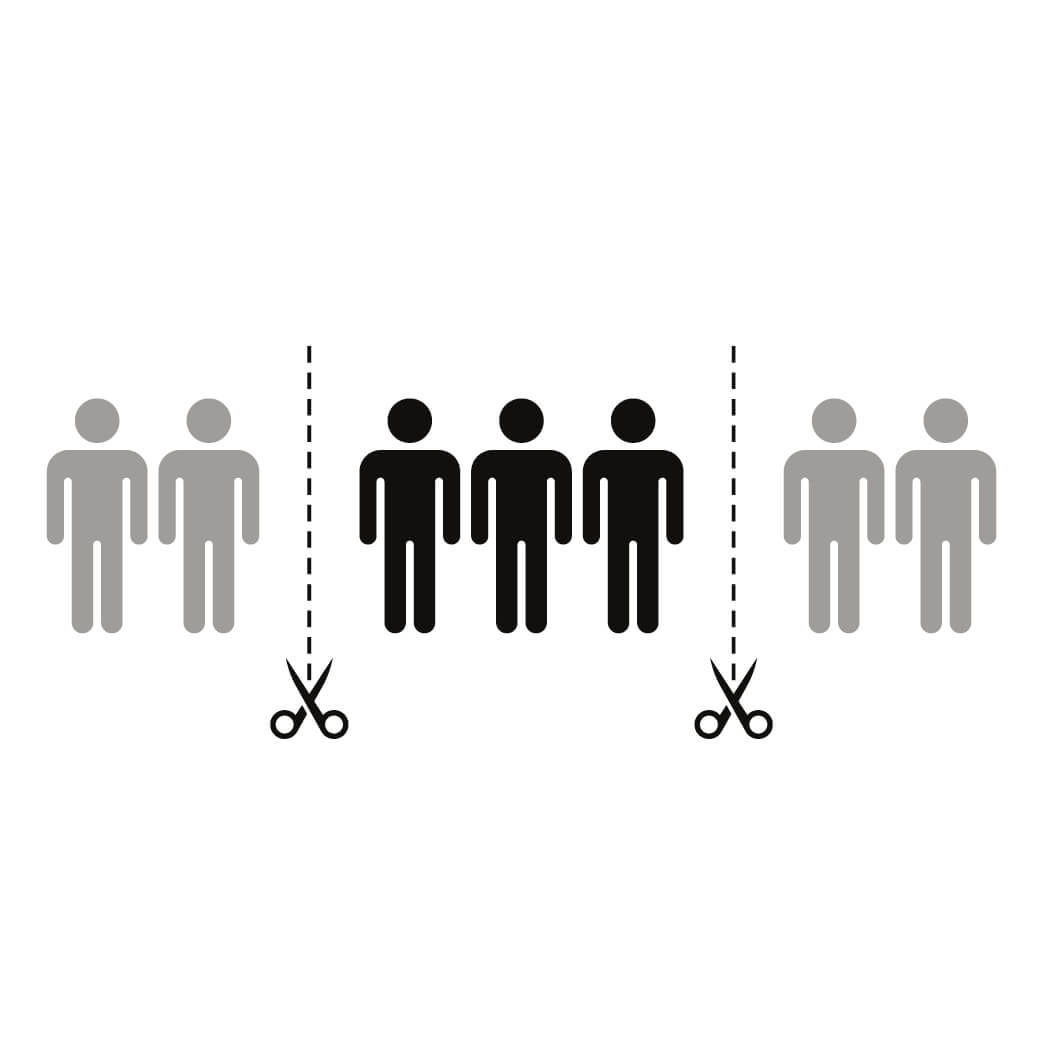
If I came to you and said, “I’m going to be marrying Taylor Swift,” would you believe me?
But how about if I laid out my precise, foolproof plan?
If I come up with an idea that will make me a billionaire.
If I make the $Billion.
If I transform myself into a ripped adonis.
If I have various surgeries, so I look 20 years younger.
If I become an expert on the piano (from scratch) in a year.
If in the year it takes to do all that, she’s ready to move on from Travis.
If I then engineer a meeting and we fall in love and get married.
Oh yeah, and somewhere in there, I should tell my wife.
Right after you looked to see how clear the path to the exit was, you might well point out that there were a lot of “ifs” in my plan — and that EVERY SINGLE ONE of my ifs would have to come true — just for the plan to move from unhinged to... well, still unhinged.
Yet, all across this nation, intelligent people are putting together similar strings of purported logic. I’m thinking flat-earthers or people who believe airplane contrails are pacifying gas sprayed by the government. Or, recently, control of the weather or Pizzagate.
Often, the springboard onto the first rung of these flimsy logic-ladders is buying into the premise that there is a secret cabal, secret plan, secret membership with a secret agenda — and that is just one of several “ifs” that would all need to be true, including that a huge loose-knit collusion of organizations and agencies and thousands (or millions) of people are in on it. And yet, somehow, the plans are deeply hidden from the world — except for everyone on your Facebook and Discord feeds. If it’s so secret, how do you know about it? I’m not connected enough to jump the line at In-N-Out, but you’re connected enough to know this great secret?
No matter where on the political spectrum you fall, it is good to ask yourself how many connected “ifs” there are in the ladder of logic you have been offered. Because stacking hypotheticals is never a firm foundation on which to build a platform of sound reasoning. And also ask yourself if the people who are feeding you this information are likely doing it for your benefit or theirs (Cui Bono!).
The primary goal of a true journalist is to deliver the maximum demonstrable veracity, validity and verifiability of the truth in their reporting. The primary goal of certain others is to be anointed as a disruptive seer. These very different goals seed massively divergent standards of journalism.
Never forget that opinion and truth are very different things. Truth is truth and it does not change for any person, whereas opinion is whatever you wish it to be. And lies are always just that. Following the truth wherever it takes you takes courage and strength. Bending the truth conform to your wishes is a sign of brittleness.
I’ve written a lot about the interplay between power and identity, and, in this time where many people feel powerless, they will grab power wherever they can. Unfortunately, a negative source of power will almost always take precedence over no power at all.
Sadly, this leads to too many people finding their power via the “seers” and heading down deep rabbit-holes, tearing at the fabric of their minds, families, friendships and community. When the thing you are encouraged to believe involves demonizing huge swaths of people, including many of your neighbors, begin with disbelief.
But if you are determined to say “dammit Simon, I just want to believe what I want to believe” then perhaps, just to brighten your day, you can buy Taylor and me a nice wedding gift in advance? Or perhaps just sending money would be easiest?
I promise you’ll be invited to the nuptials, no ifs, ands or buts.

When humans face true cataclysm, we pull together. When it’s about money and power, not so much.

When people see public health messages directed at them, they are very aware that others can see them also and it can trigger concern of how other people in the community now think about them.
People seek to have power over their own lives. Teens, adults, older adults – everyone. What happens when they feel powerless? What happens when you or your communications make them feel they have less power?
The way we talk to others demand that they accept an identity for themselves, and sets up a particular relational dynamic. If we're not careful, that identity can be stigmatizing or turn away the very people we're trying to help.
Get the latest posts and updates delivered to your inbox.